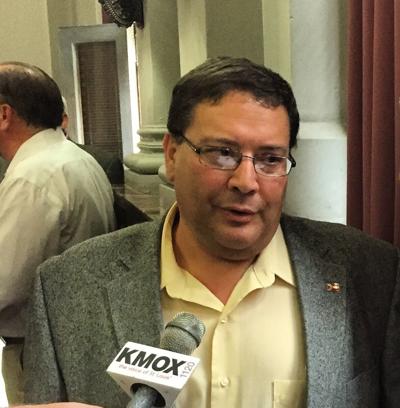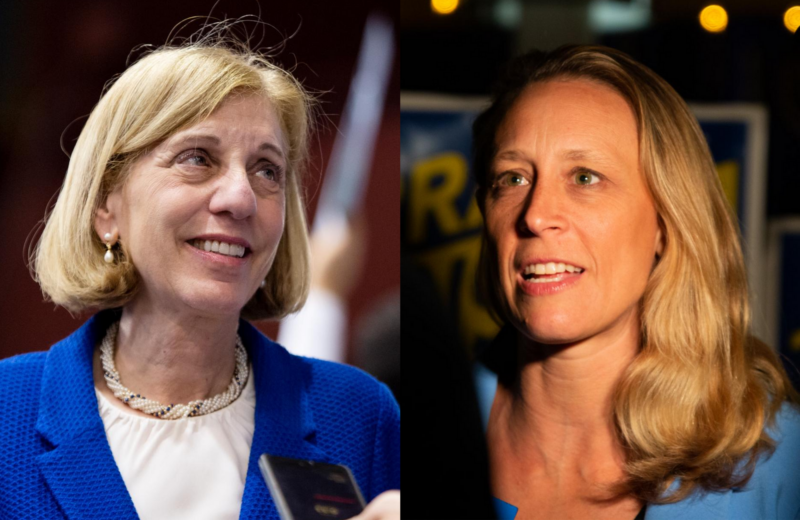Nonpartisan election measure moves to St. Louis’ November ballot
ST. LOUIS — Political party labels could become a thing of the past in most St. Louis races if city voters approve a measure on the Nov. 3 ballot.
A petition group’s plan to elect future mayors and aldermen in nonpartisan elections ended up on the ballot after the Board of Aldermen — all Democrats — failed to enact the measure into law.
“This brings the city in line with most of the nation,” said Mallory Rusch, campaign manager for the group, STL Approves.
She noted that choosing city officials with no party label by their name on the ballot is the norm in all other Missouri municipalities and those in many other states.
At the same time, Rusch said, another feature in the proposition called approval voting gives St. Louisans “the opportunity to be on the cutting edge” by adding a process that’s relatively unusual.
Under that process, residents cast a vote for as many candidates for an office as they want in the city primary of odd-numbered years.
The top two vote-getters then would advance to a runoff in the April general election.
The new system would replace the city’s traditional partisan setup in which voters pick party nominees in March who then run in an April general election.
But because St. Louis is heavily Democratic, the Democratic primary has been the de facto general election for many decades.
That’s allowed some candidates to emerge as the party nominee and eventual winner by getting less than a majority of votes in a multi-candidate field.
In two recent examples, Lewis Reed won the Democratic nomination for aldermanic president last year with just 36% of the vote in a three-way race, and Lyda Krewson won the seven-person mayoral primary in 2017 with 32%.
Supporters say the change would reduce the impact of “spoiler candidates” who draw support away from those with broader support.
The proposition, which would take effect next year, would apply only to elections to pick the mayor, comptroller, aldermanic president and members of the Board of Aldermen.
To qualify for the ballot, the city charter required signatures of at least 5% of the number of registered voters at the last mayoral election in 2017, or 9,844. The election board verified 11,972 in April.
The city charter also gives the Board of Aldermen the option of passing a petition-proposed ordinance into law within 60 days after signatures are certified. That period ended June 19 with no aldermanic action and little attention at the board.
One exception was Alderman Joe Vaccaro, D-23rd Ward, who on more than one occasion has argued against the proposition.
He warns that the measure would significantly reduce the importance of the Democratic Party in the city since candidates for all but county-type offices such as sheriff and circuit attorney would run on a nonpartisan basis.
“Nobody seems to care,” Vaccaro said in an interview, referring to party leaders. “I keep telling the Democratic central committee … it’s going to take them out” regarding their influence in key city races.
Disputing that was central committee chairman Michael Butler, who supports the proposition.
Butler, who also is the city recorder of deeds, contends that the change would make the overall committee more relevant because it likely would endorse candidates in the nonpartisan primaries on the basis of how their policy stands line up with Democratic views.
Now the overall committee stays neutral in Democratic primaries, leaving individual party ward groups to take sides on a piecemeal basis.
He and City Treasurer Tishaura Jones, another supporter of the change, also said Democratic parties are strong in big cities with nonpartisan municipal elections such as Kansas City.











